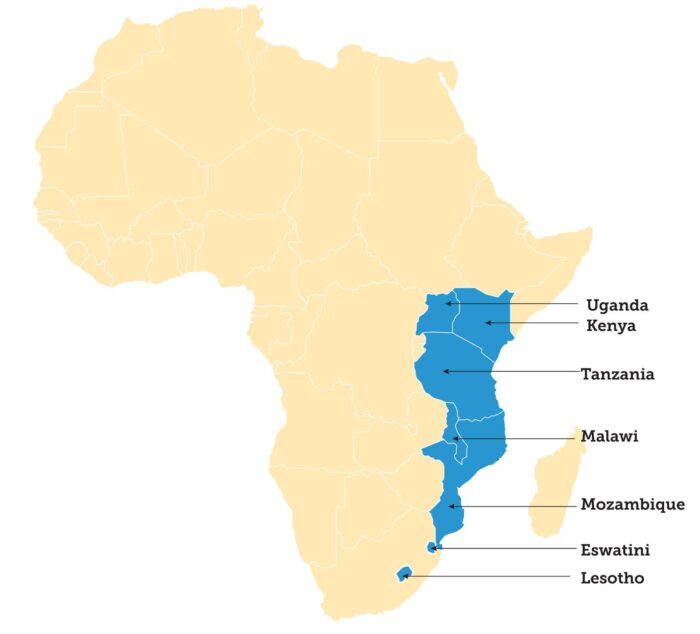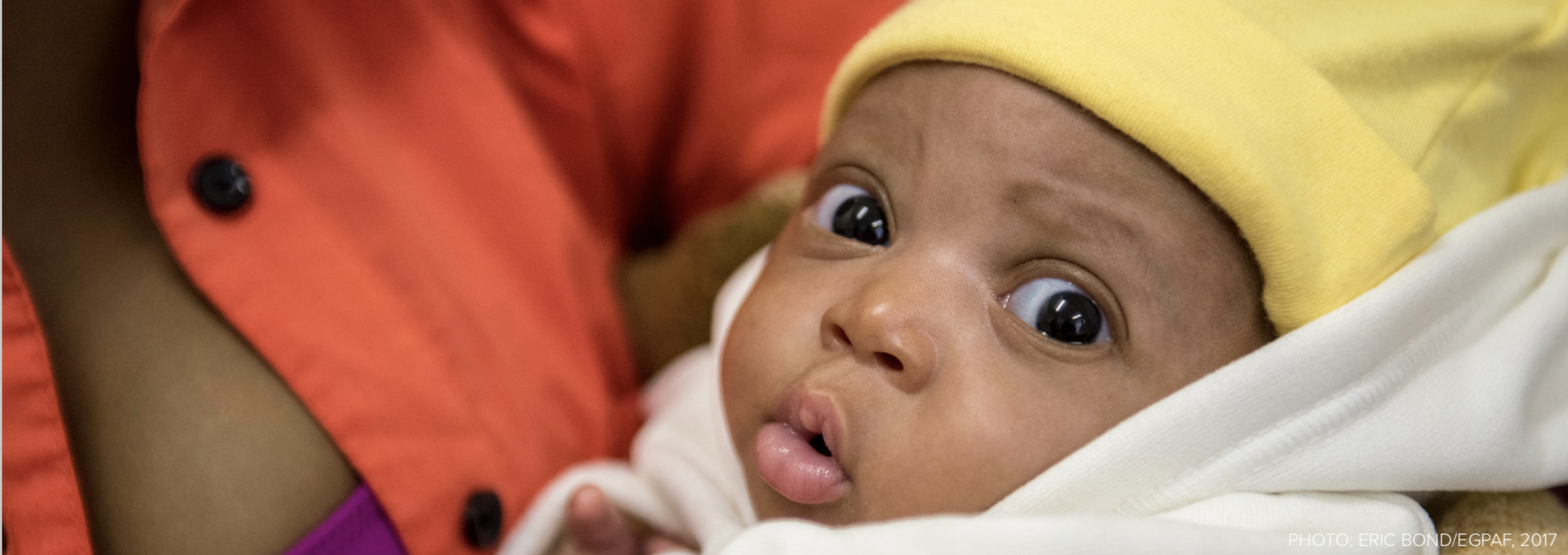Cervical cancer is one of the leading cancers among women globally, with an estimated 604,000 new cases occurring in 2020.1 More than 95% of cervical cancers are caused by the human papillomavirus (HPV). There are over 200 related viruses among HPVs, with HPV type 16 and 18 causing about 70% of cervical cancers. Sexually transmitted HPV can infect both men and women, and high-risk, persistent HPV infections can lead to HPV-caused cancers, including cervical cancer.
Low- and middle-income countries account for 90% of deaths resulting from cervical cancer. Women living with HIV (WLHIV), in particular, are six times more likely to develop cervical cancer when compared to women not living with HIV. An estimated 6% of women with cervical cancer live with HIV, and a little under 5% of all cervical cancer cases are attributed to HIV.2 Globally, a strategy has been developed both highlighted cervical cancer as a public health as well as accelerating elimination to spur action.3
Comprehensive cervical cancer control comprises of various levels of prevention and management. This includes primary prevention, such as provision of the HPV vaccination; secondary prevention, including screening and treatment of pre-cancerous lesions identified; and tertiary prevention, which includes diagnosis and treatment of invasive cervical cancer, if detected, and hospice care. Effective primary prevention has the capacity to prevent most cervical cancer cases. When detected in the early stages, cervical cancer is one of the most successfully treatable forms of cancer.

1 Sung H, Ferlay J, Siegel RL, Laversanne M, Soerjomataram I, Jemal A, et al. Global cancer statistics 2020: GLOBOCAN estimates of incidence and mortality worldwide for 36 cancers in 185 countries. CA Cancer J Clin. 2021:71:209–49. doi:10.3322/caac.21660
2 https://www.thelancet.com/journals/langlo/article/PIIS2214-109X(20)304599/fulltext#:~:text=Women%20living%20with%20HIV%20have%20a%20substantially%20increased%20risk%20for,cancer%20are%20attributable%20to%20HIV.
3 https://www.who.int/publications/i/item/9789240014107




